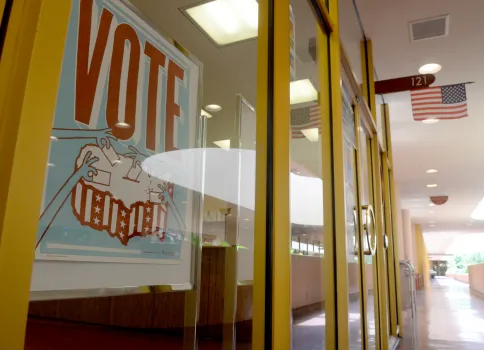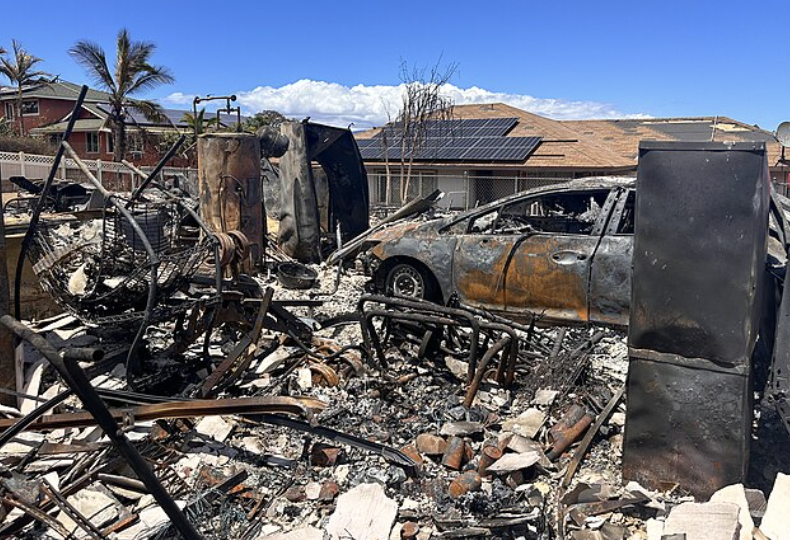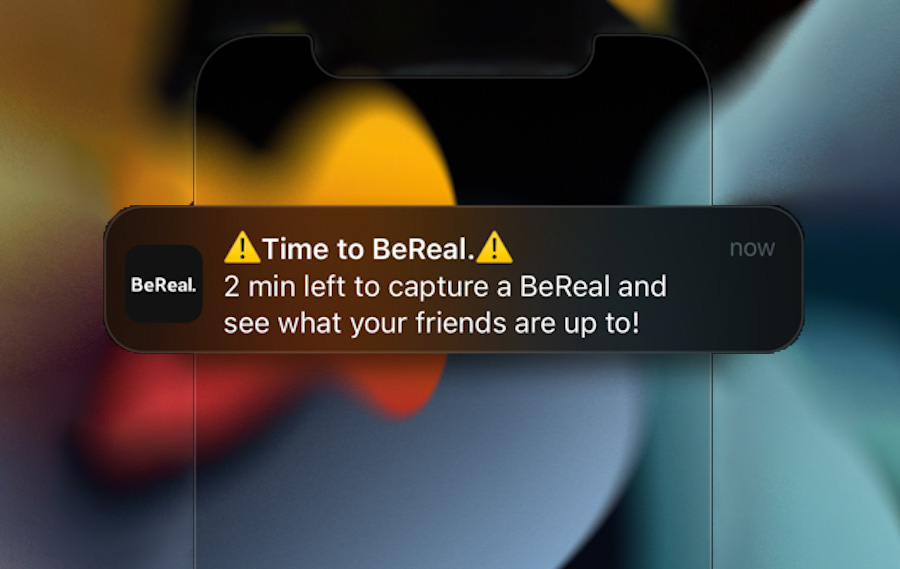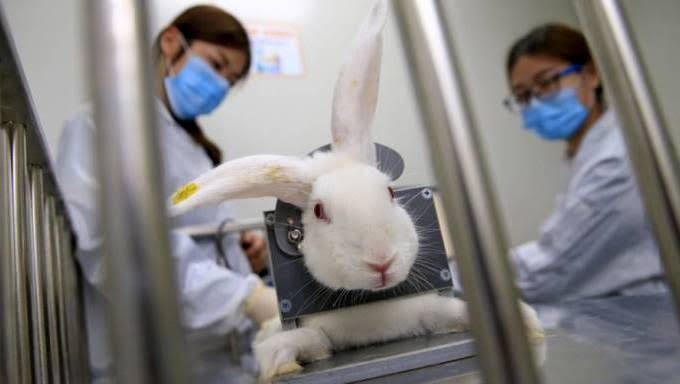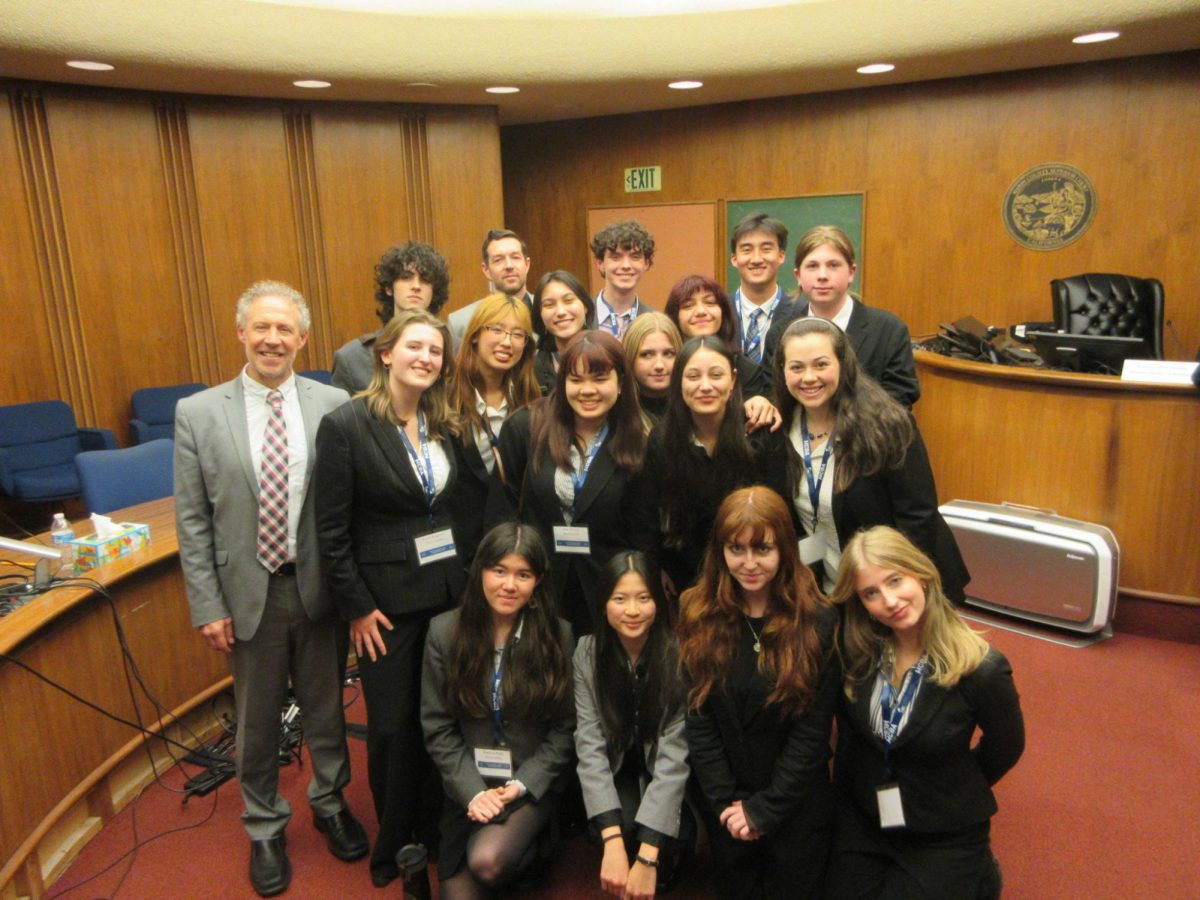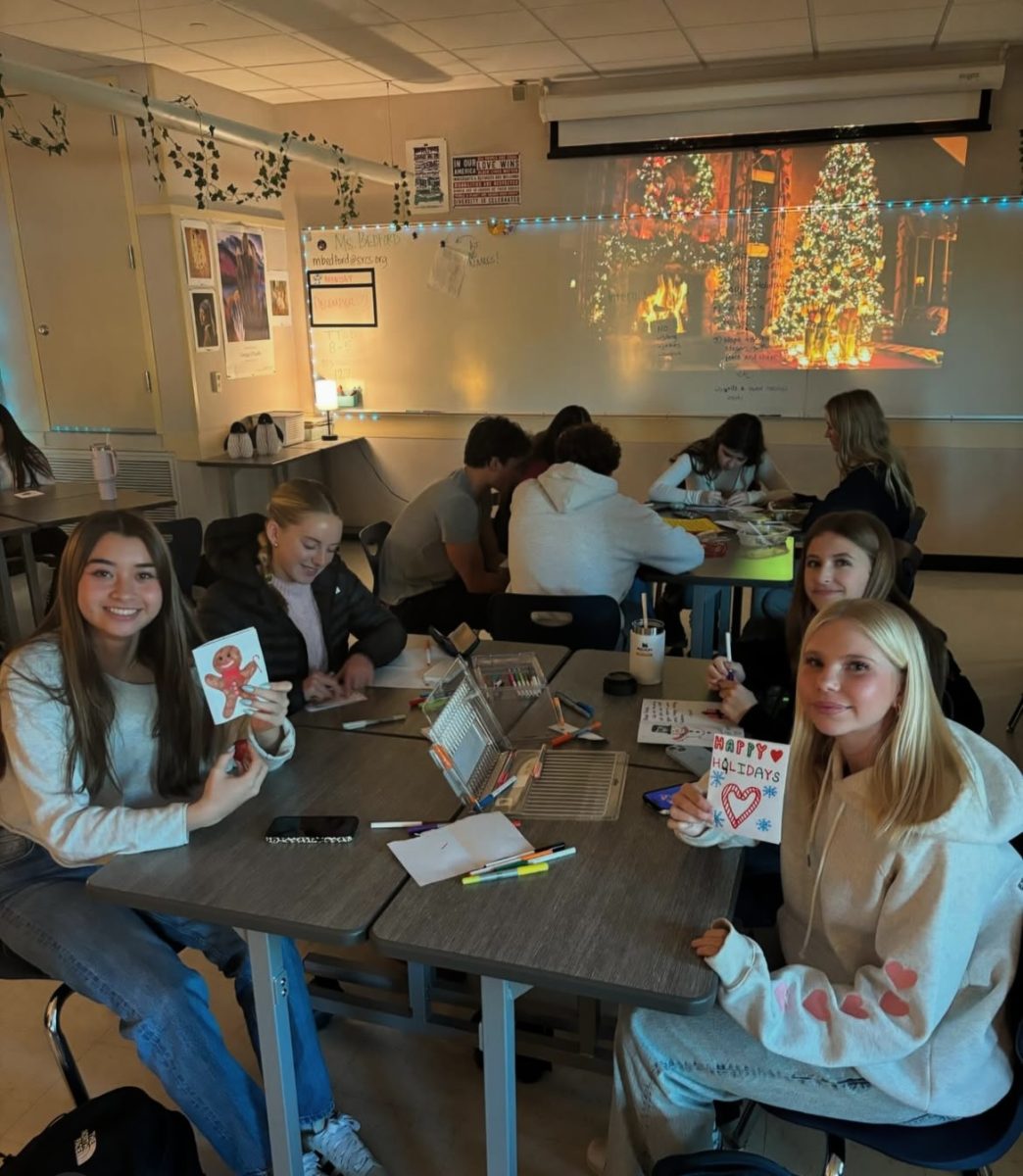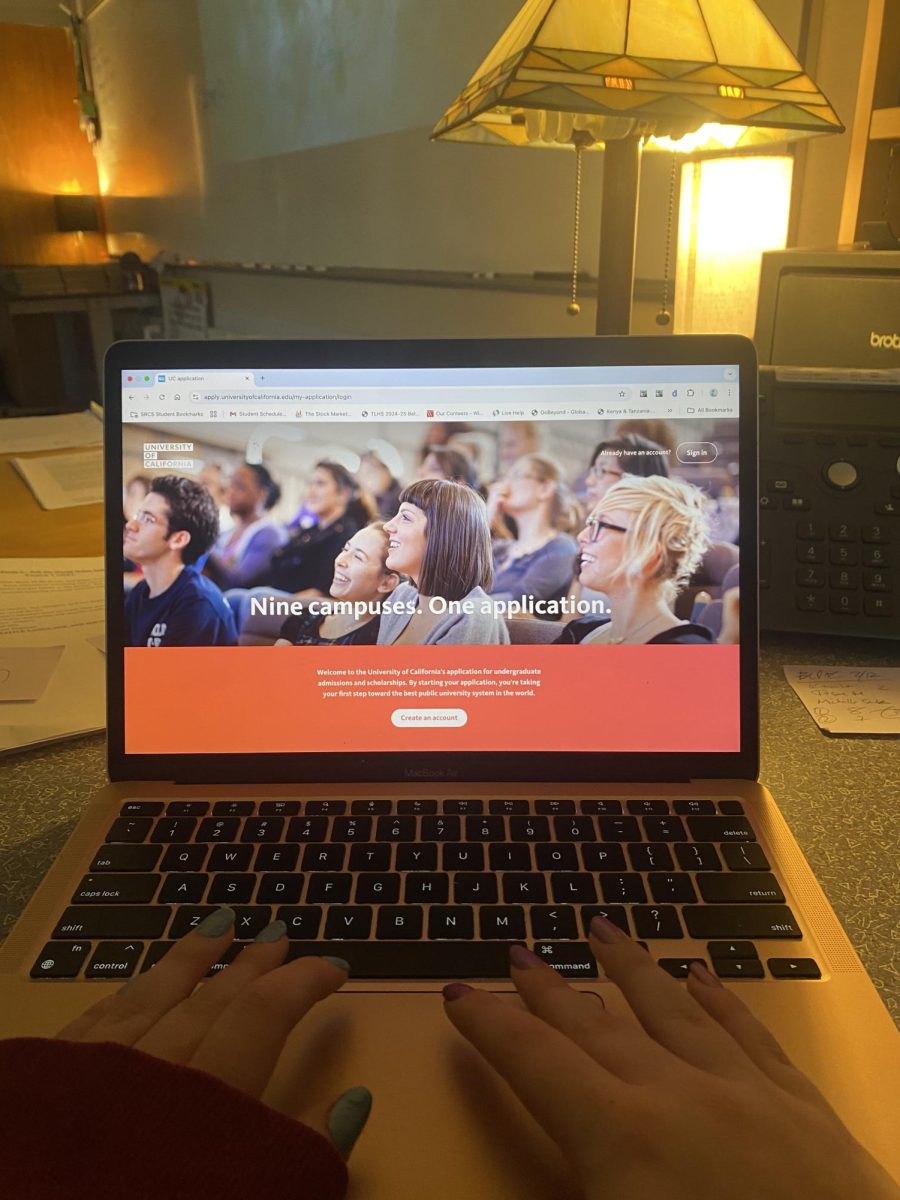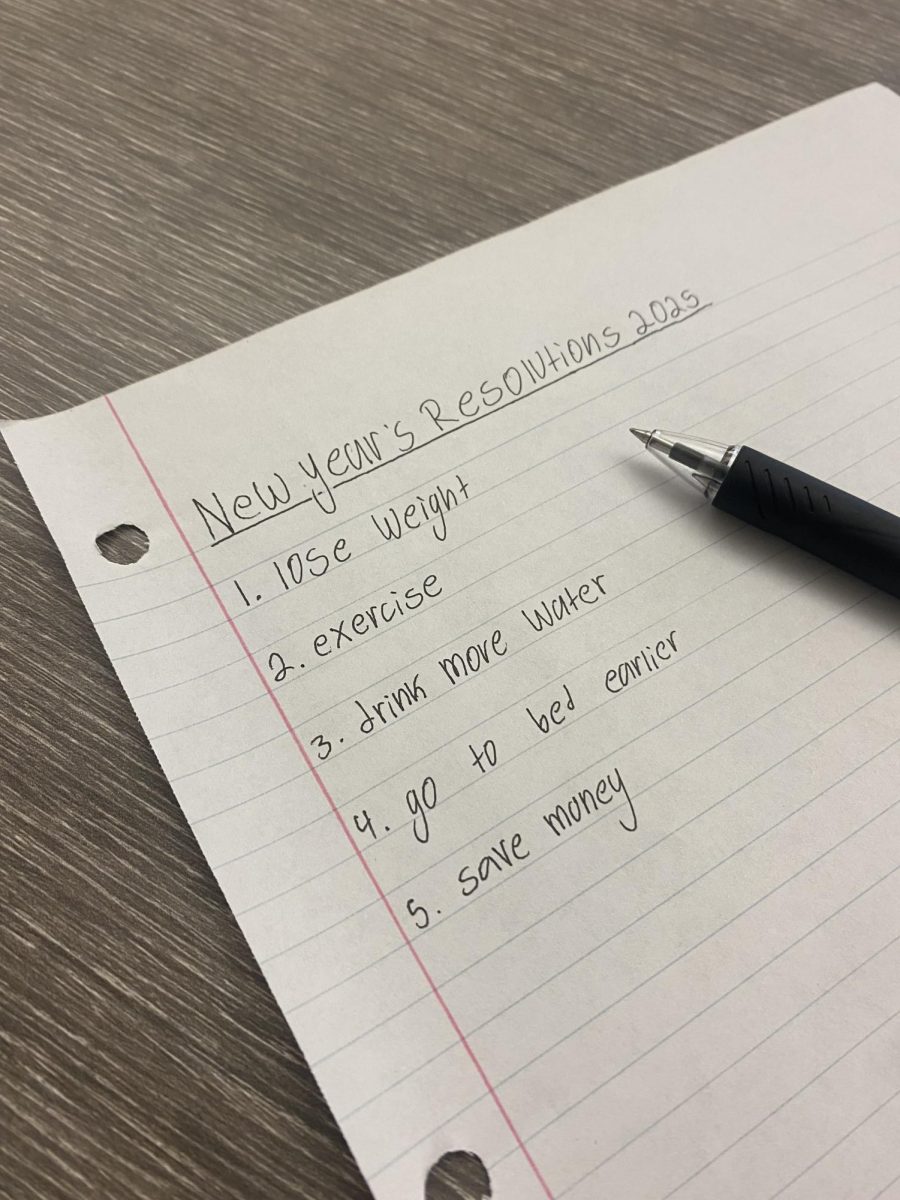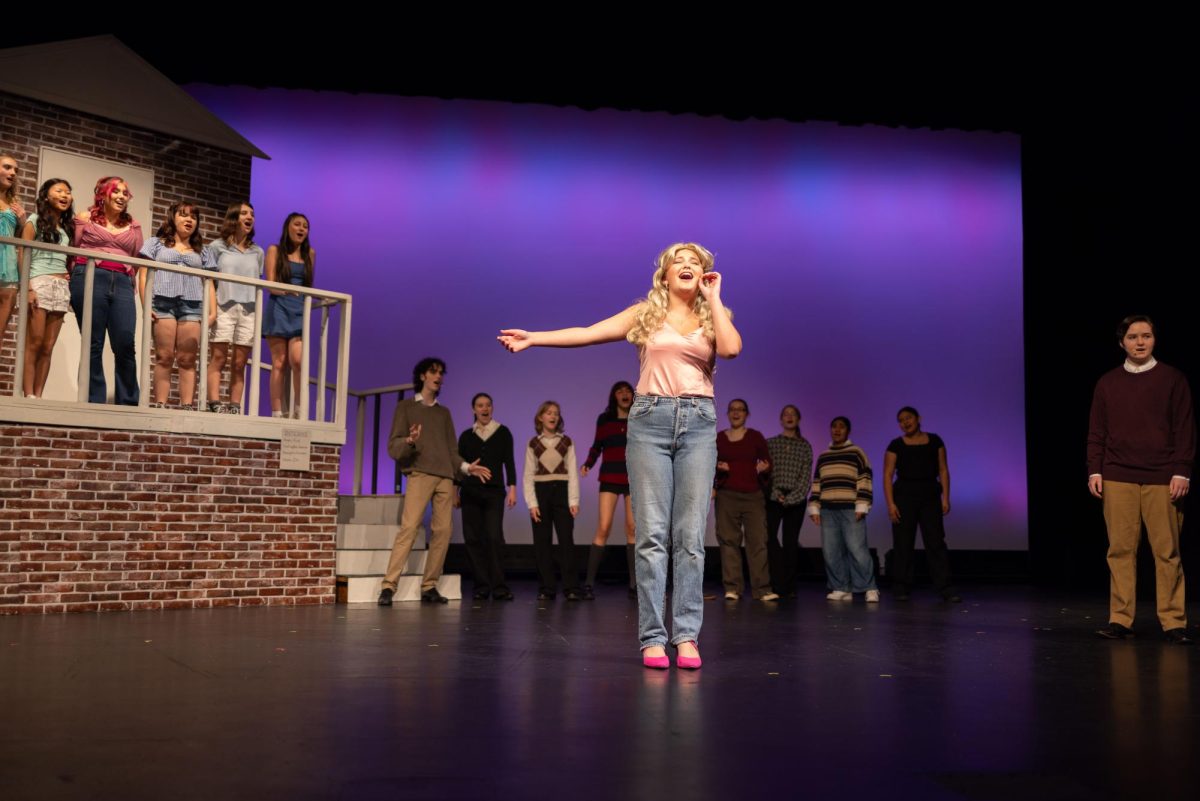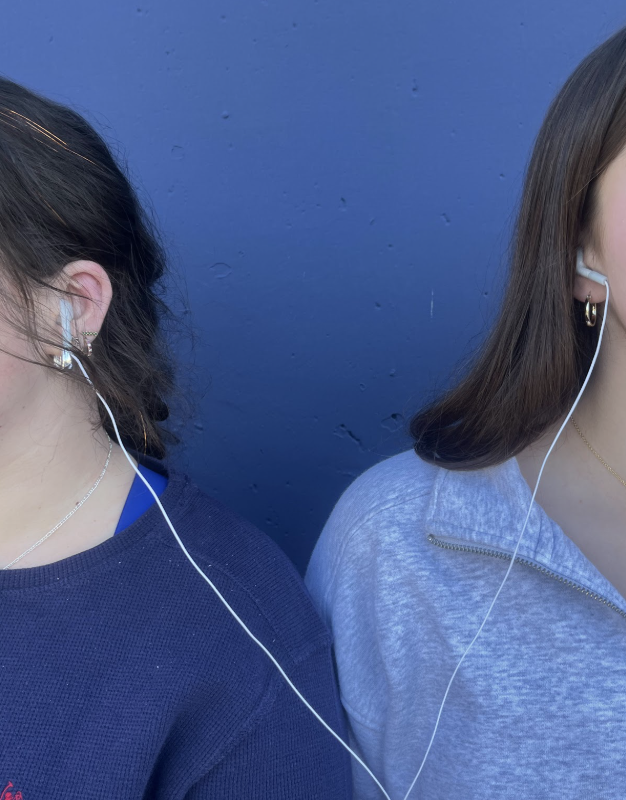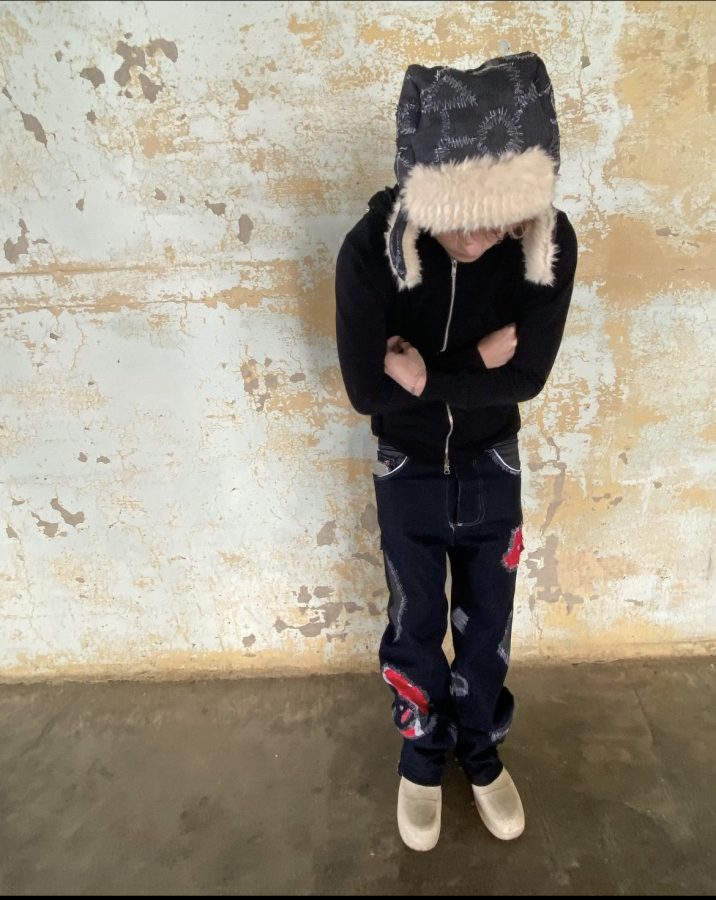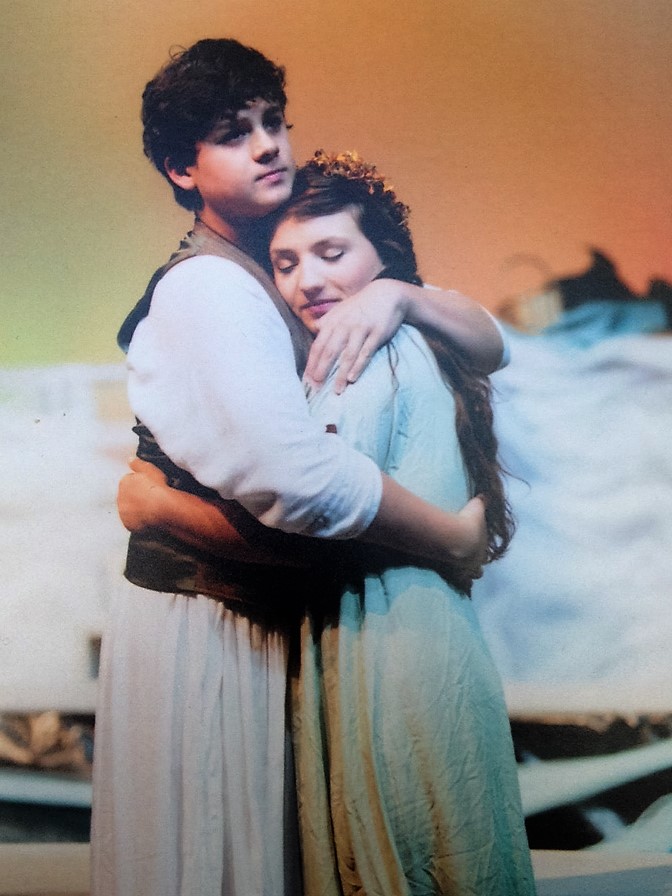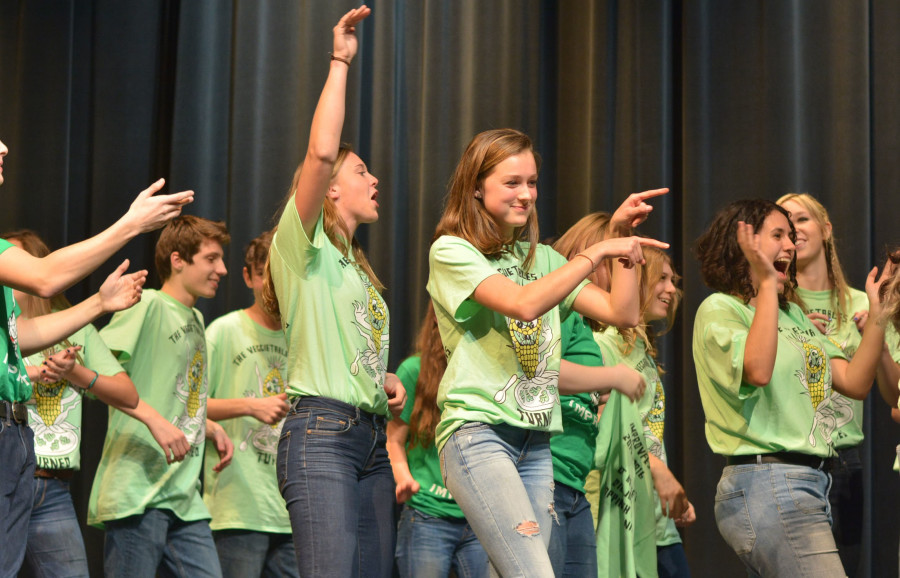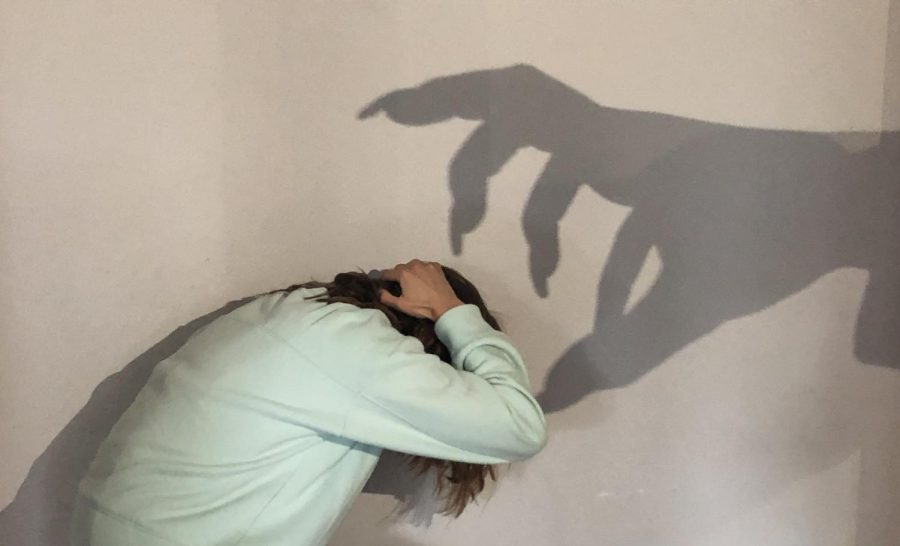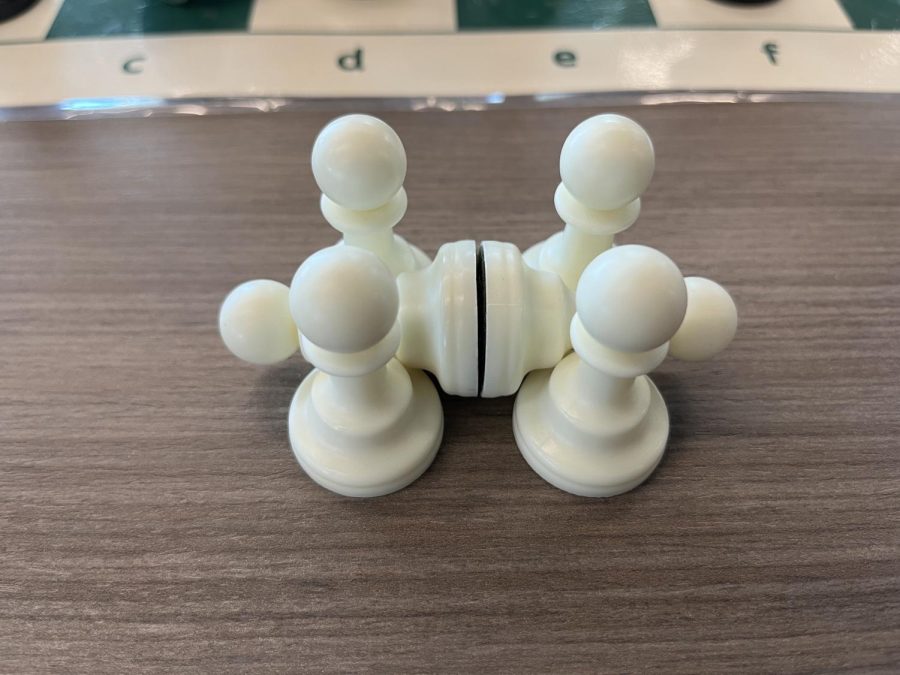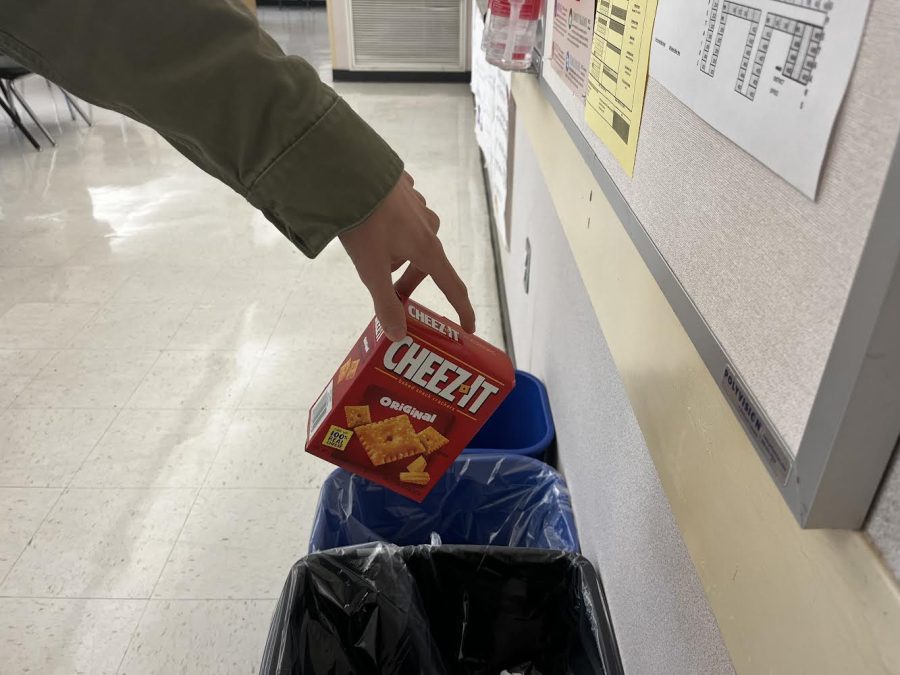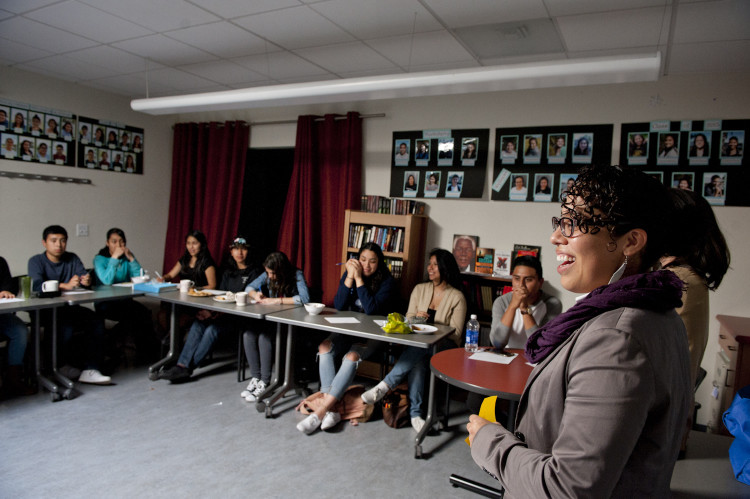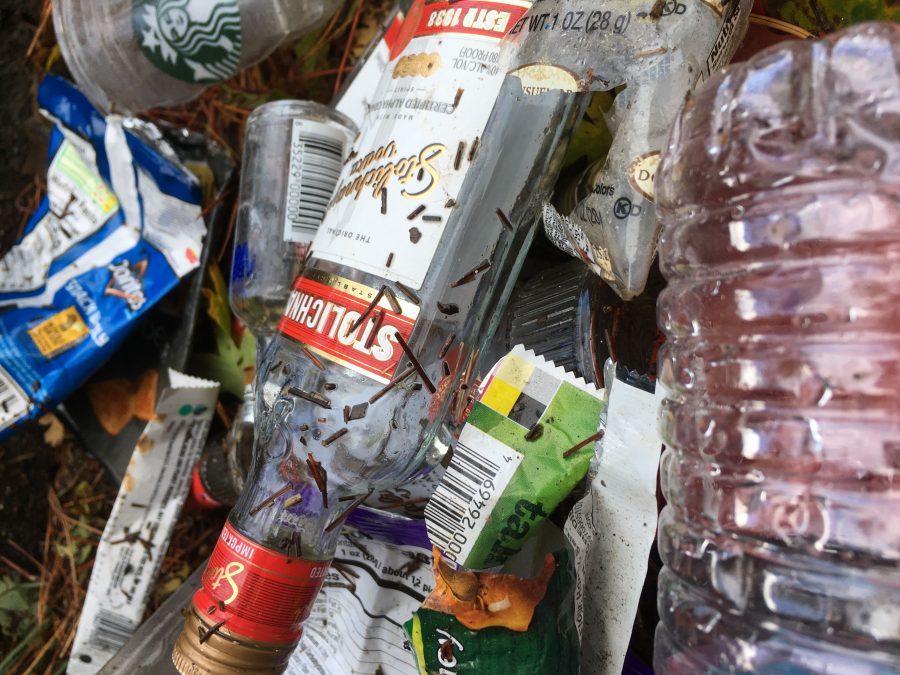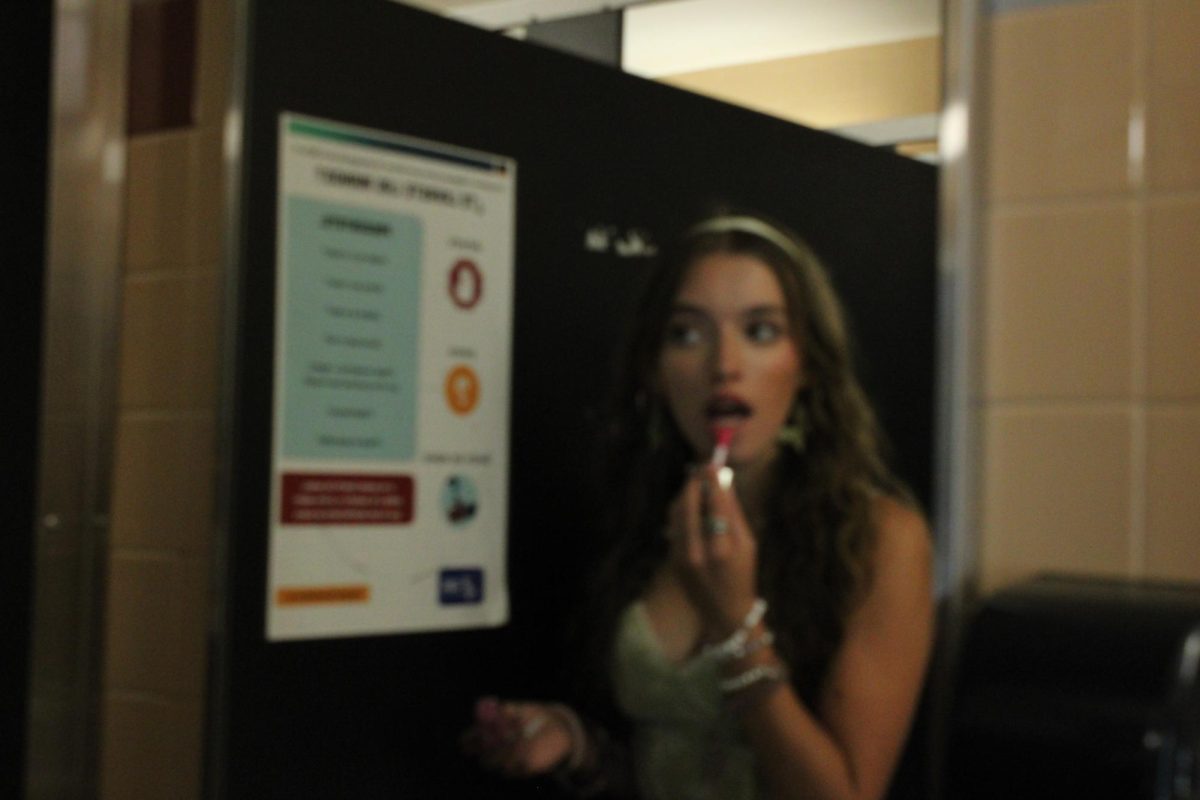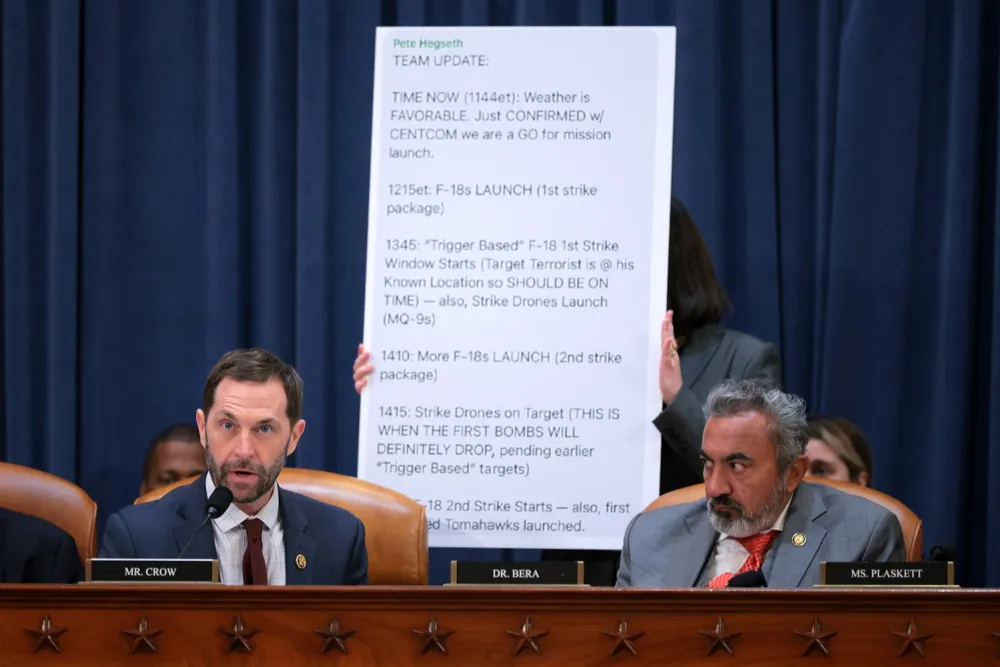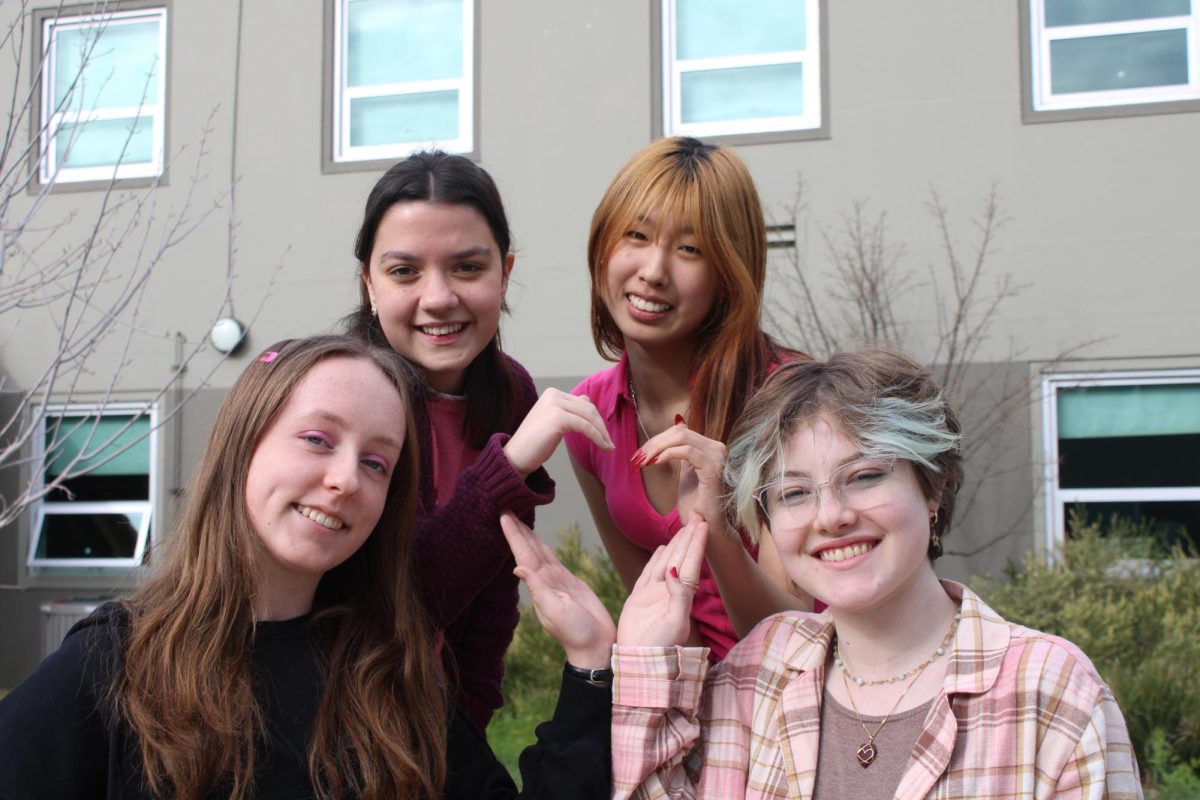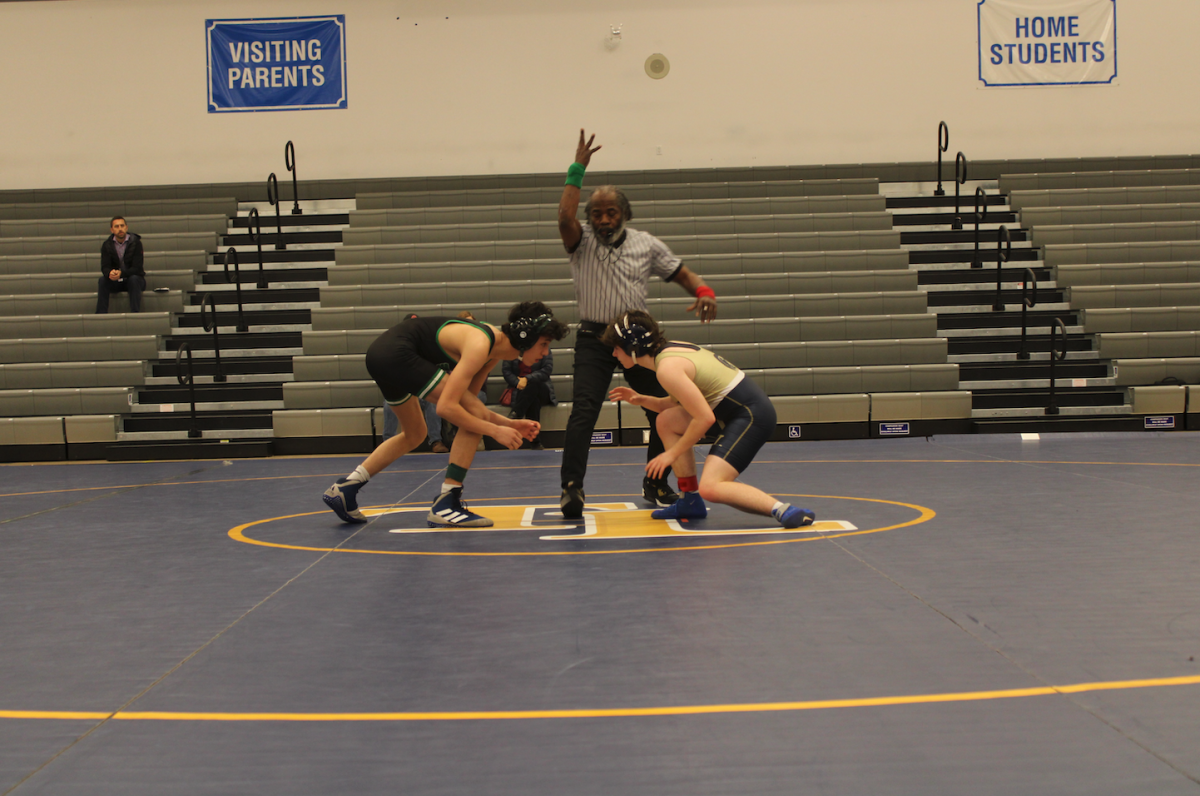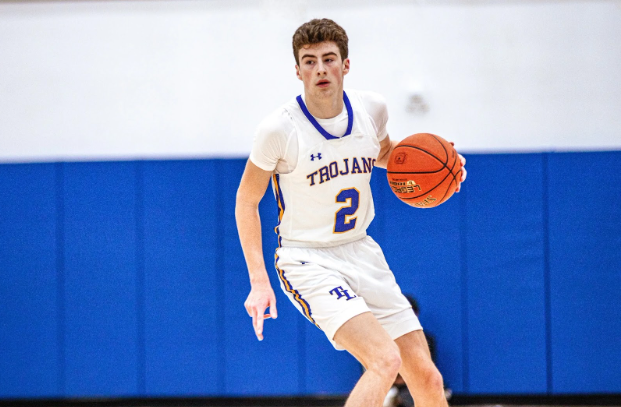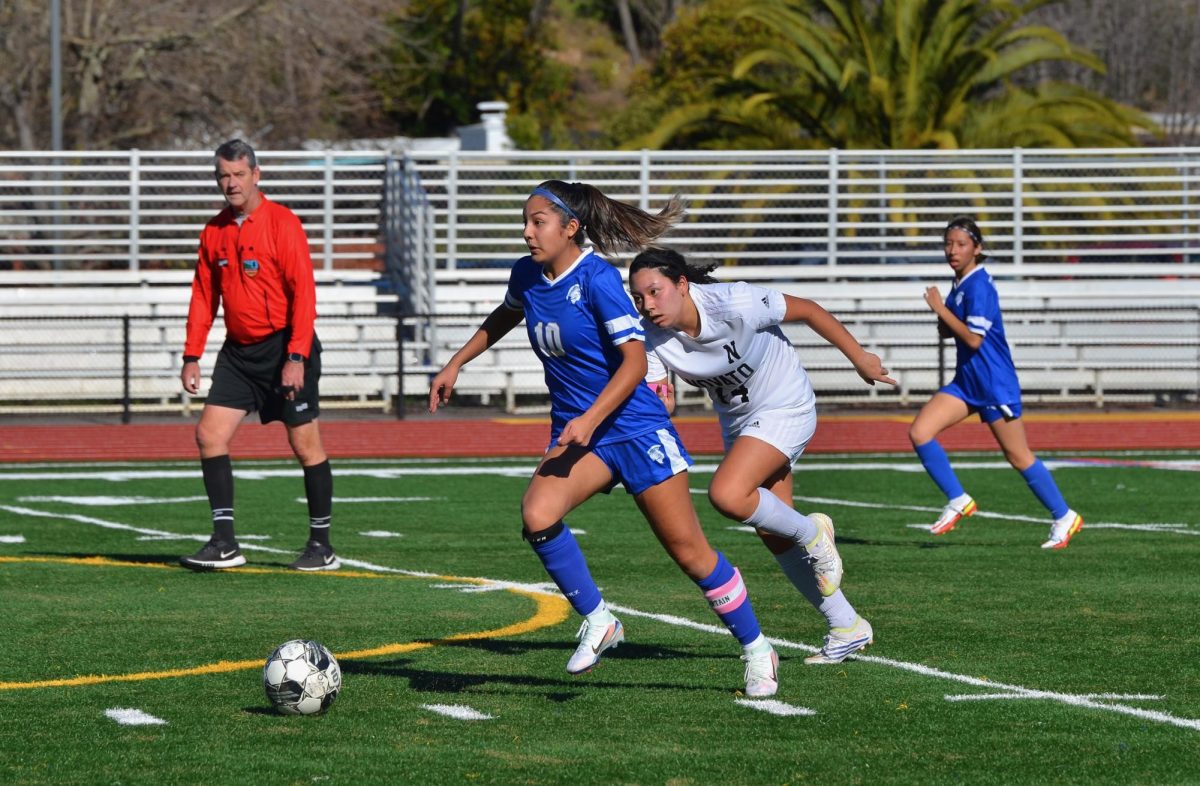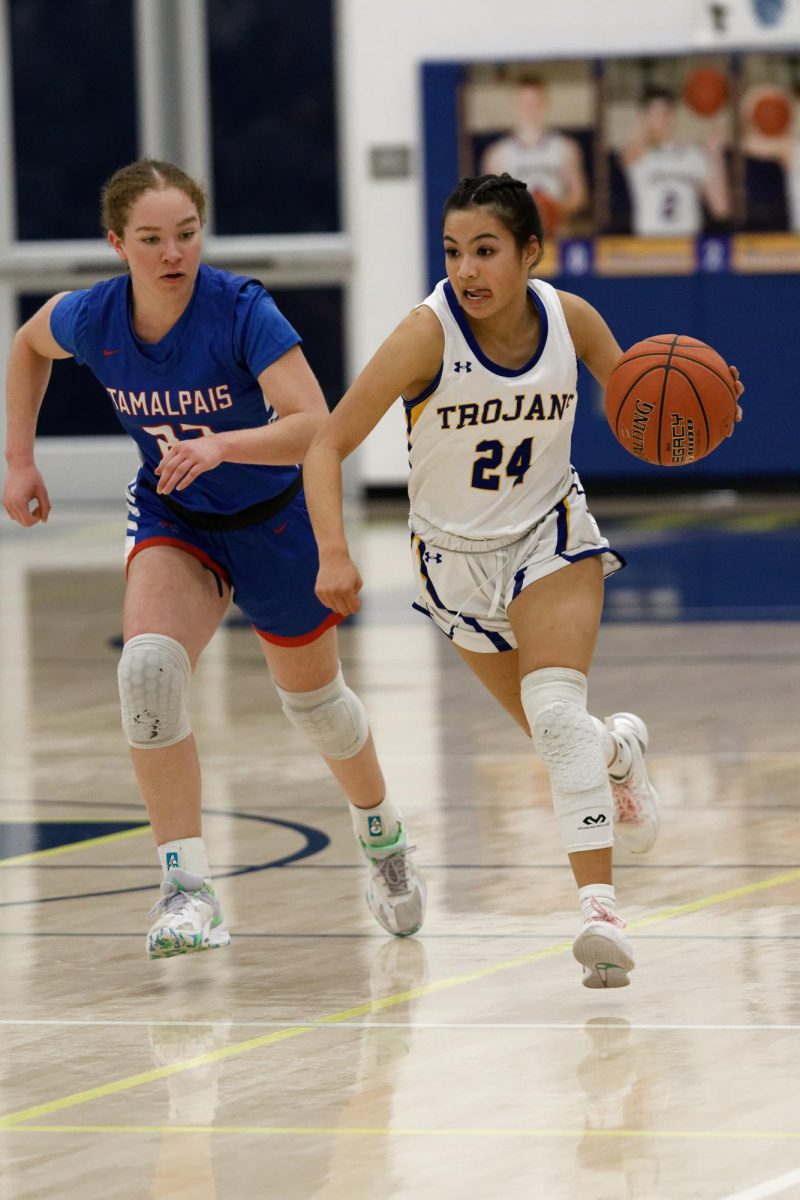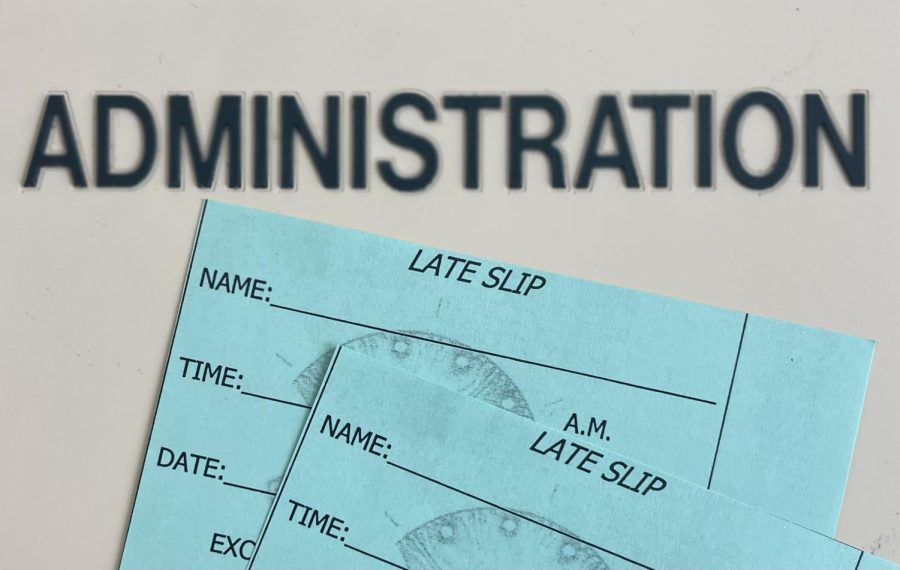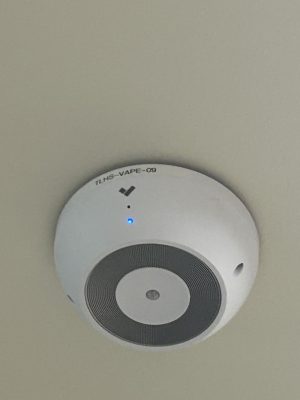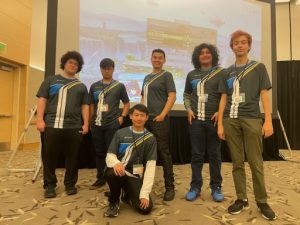Taking on Tardies
October 4, 2022
Students showing up to class late has always been a problem at our school and in recent years the numbers have drastically increased. Administration has decided to take action. The staff memo from Sept. 12 explained that a new tardy action plan was being put in place. This included playing music throughout the halls to motivate students to arrive to class on time, as well as the implementation of lunch detention for students who receive five or more tardies in a week. “Dean Chapman will run a list every Friday and identify the students who will serve a detention the following Tuesday at lunch.” The weekly memo said.
Students feel that there can be good reasons for being late, especially when getting back into the school routine. Dean Chapman, Terra Linda’s Dean of Students, shared that “within just the first month of school there were 3,694 tardies.” Sophomore Dominic Pastor pushes back saying, “I think a lot of times there is a logical reason for being late.” Many students feel that it should be a case-by-case situation because not all kids who are tardy have bad intentions in being late. However, the tardy problem at our school can be split into two categories, one being the expected first-period rush to class but the bigger issue, the one Terra Linda’s administration is attempting to tackle, is the number of students who are constantly tardy to the majority of their classes.
“We’ve always had an expectation that all students get to class on time, what we are doing differently this year is trying to target students that are habitually tardy and truant,” says Principal Katy Dunlap. The new policy is intended to act as a light punishment to get students to work on bettering their habits–more importantly, their attendance. Sophomore Louka Drazien says, “I think having a strict rule in order is important so it can motivate kids to get to class because learning your lesson by getting in trouble is important.”
Many students are upset by the establishment of lunch detention. “There’s an orange slip telling you what room to go to and then when you get to the room the teacher has a list of names…There’s no electronics allowed so you have to sit in silence and do your work,” recalls senior Joshua Garay.
Although the policy is receiving some negative feedback, some do find it to be the right solution. It will be very interesting to see what the numbers in the next few weeks show as a result of the new policy and how students develop their habits.



